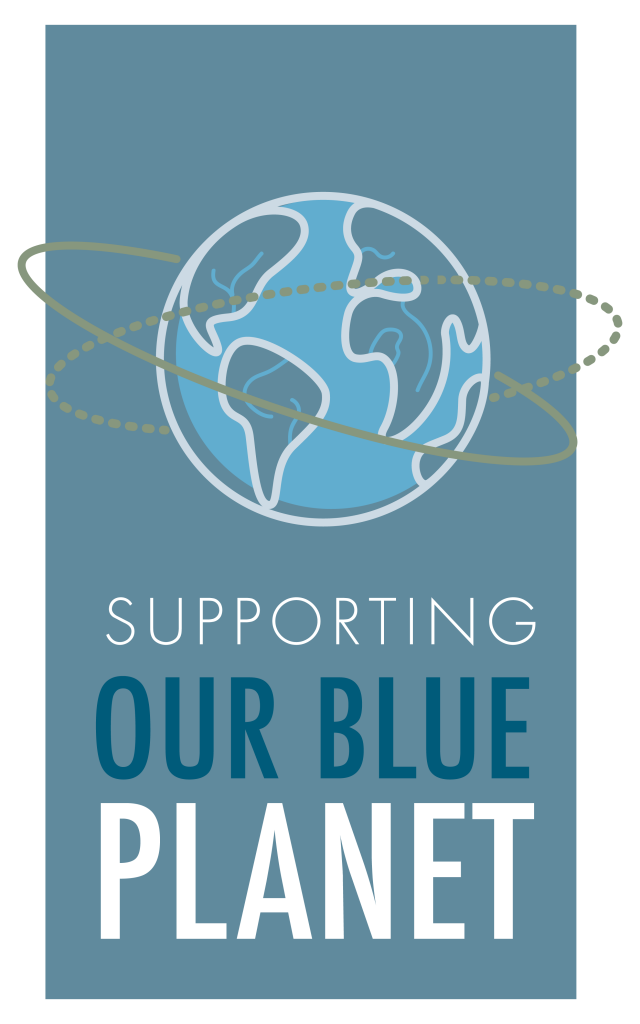The beach is not an ashtray! Cigarette butts are still the most commonly found trash on tourist beaches. During the Boskalis Beach Cleanup Tour, organised by the North Sea Foundation, no fewer than 86,954 cigarette butts were collected in 15 days. Especially on busy beaches, the sand was littered with cigarette butts: in the coastal town of Zandvoort in the Netherlands, a staggering 33,121 cigarette butts were removed from the beach in one single day.
Cigarette butts do not belong in the sea or on the beach. They are incredibly harmful for nature and the environment. This is due to the fact that cigarette butt filters consist of cellulose acetate, a plastic that decomposes very slowly, if at all. This means that cigarette butt litter on the beach, or in the sea, contributes to the ‘plastic soup’ in and around the ocean. A cigarette butt, or plastic part of it, is easily mistaken for food by animals, which results in many consequences. A bird, for instance, may mistake a cigarette butt for a tasty snack. Moreover, one cigarette butt contains so many chemicals that it can poison a thousand litres of water.
That is exactly why it is important to not only clean up cigarette butts left on the beach, but also to ensure they do not end up in nature at all. With the right measures taken, we can prevent cigarette butts from littering the beach, resulting in clean beaches and a healthy sea. People visiting the beach should properly dispose of their cigarette butts in a rubbish bin, and municipalities can also take measures, such as establishing smoke-free zones on the beach, launching awareness campaigns and providing more rubbish bins. We have to work together in order to have beaches free from cigarette butts.


